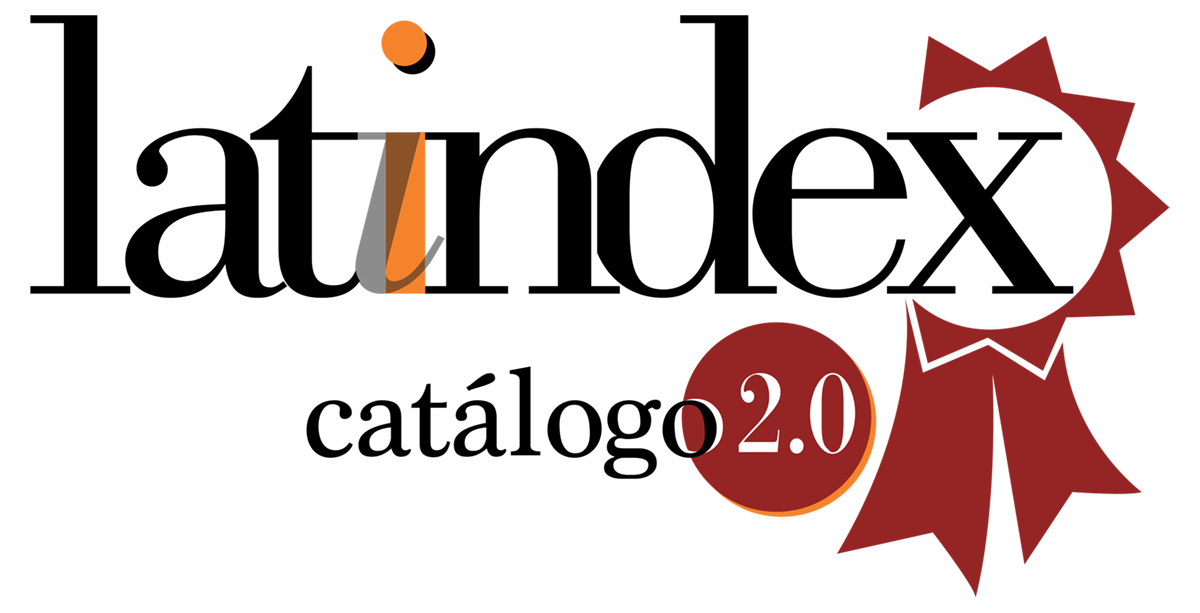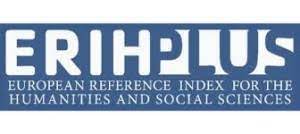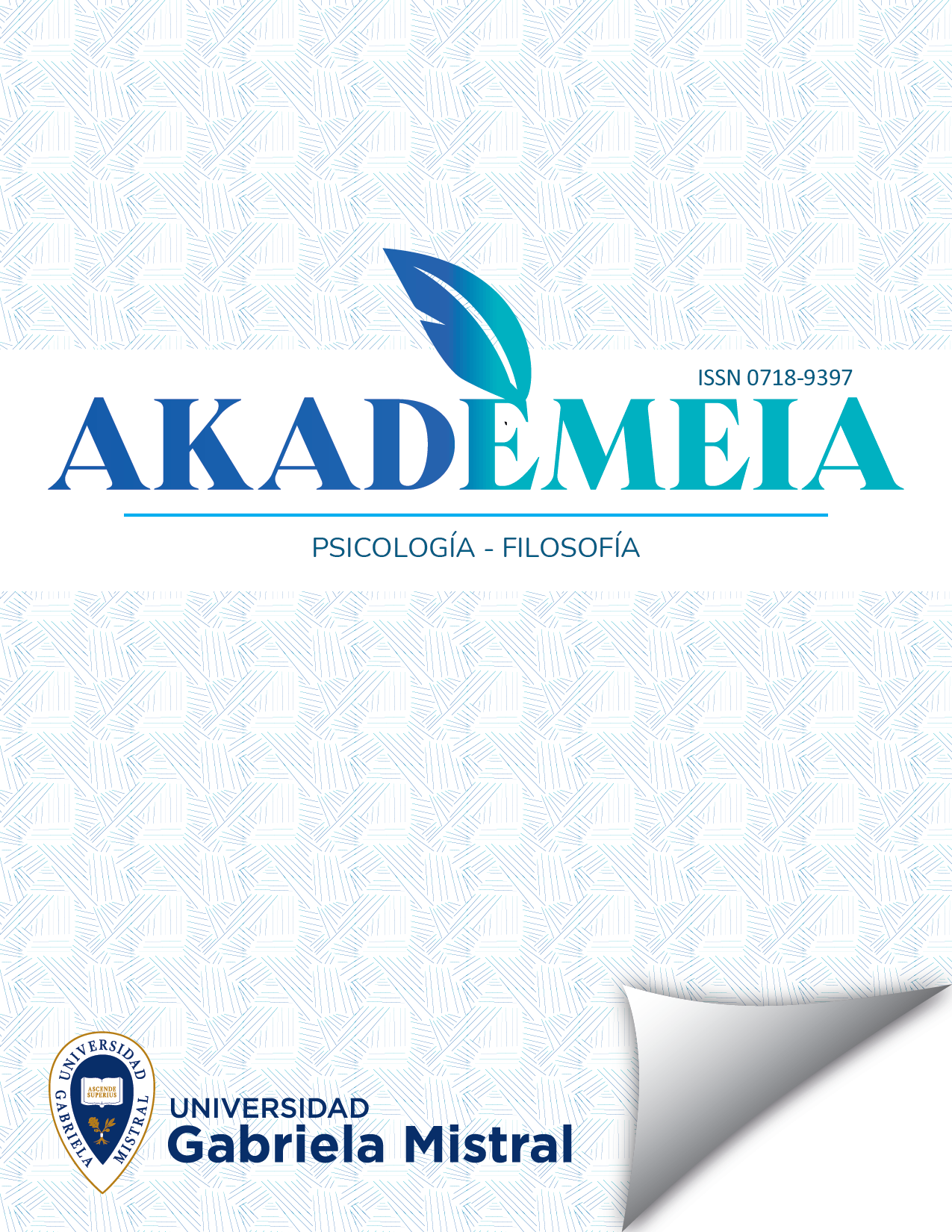Evaluación de cursos en línea
DOI:
https://doi.org/10.61144/0718-9397.2022.511Abstract
Abstract:
At the present time, there has been a significant increase in offering and demand of online based educational programs. This makes the creation o high standards online programs essential, to make it adequately competitive with conventional programs. One of the tools that allows the evaluation of the design quality and implementation of these programs are satisfaction surveys that students answer at the end of the learning process. This article aims to analyze the design and validation of such surveys applied in the evaluation of satisfaction of fifteen online courses from Gabriela Mistral University, this through an exploratory research study, with a validation design of an instrument. This survey was designed based on seven dimensions: (1) learning outcomes, (2) type of content, (3) type of teaching-learning strategies, (4) activities and resources, (5) evaluations, (6) type of LMS and (7) availability of technical support. Regarding the results obtained in the survey, it stands out that 93% of students consider that the teachers explained the expected learning. Nearly 90% of them agree that the contents worked on in the subjects were adequate for their job training. 89% of the students indicate that the way the contents were presented promoted their learning. 88% agree that the assessment instruments were socialized by the teacher in advance. Regarding the Virtual Campus, 90% consider that the platform is easy to use, it made the movement and location of resources easier.
Keywords: Evaluation, quality of online education, virtual modality, satisfaction survey, higher
education.
How to Cite
License
Copyright (c) 2023 Revista Akadèmeia

This work is licensed under a Creative Commons Attribution-NonCommercial-NoDerivatives 4.0 International License.
Los autores/as conservarán sus derechos de autor y garantizarán a la revista el derecho de primera publicación de su obra, el cual estará simultáneamente sujeto a la Licencia de reconocimiento de Creative Commons (CC BY-NC-ND) 4.0 que permite a terceros compartir la obra siempre que se indique su autor y se comparta el documento, en formato pdf y con la paginación del número original, a través del que este ha sido publicado por la revista. Siguiendo las definiciones establecidas por la licencia (ver: https://creativecommons.org/licenses/by-nc-nd/4.0/deed.es) los números de la revistas seguirán los siguientes términos:
-
Atribución — Usted debe dar crédito de manera adecuada, brindar un enlace a la licencia, e indicar si se han realizado cambios. Puede hacerlo en cualquier forma razonable, pero no de forma tal que sugiera que usted o su uso tienen el apoyo de la licenciante.
-
No Comercial — Usted no puede hacer uso del material con propósitos comerciales.
-
Sin Derivadas — Si remezcla, transforma o crea a partir del material, no podrá distribuir el material modificado.
- No hay restricciones adicionales — No puede aplicar términos legales ni medidas tecnológicas que restrinjan legalmente a otras a hacer cualquier uso permitido por la licencia.












